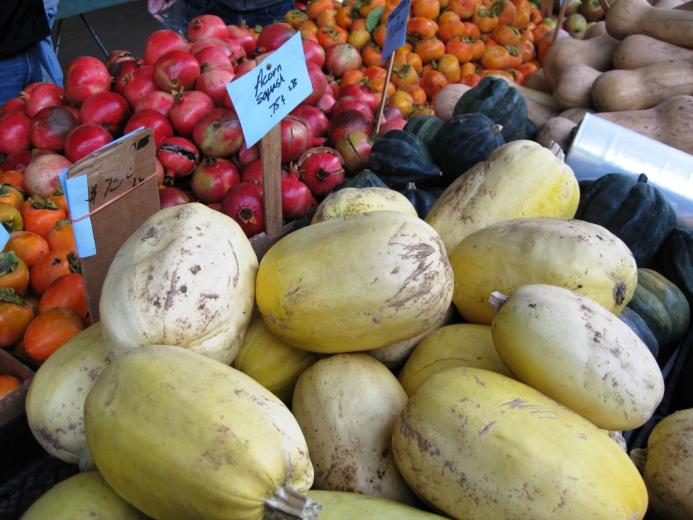9 Tips for Grocery Shopping on a Budget
Here are 9 tips to help you save money, eat healthily and grocery shop with ease.
1. Keep a shopping list at home.
Add items as you run out them. This will eliminate buying duplicates or buying impulse items that could end up in the trash later.
2. Keep your pantry stocked with staples you use most.
Canned beans, dry pasta, rice—be sure you always have on hand the foods that are your go-to meals. This makes it easier to prepare a quick, homemade dinner without having to make an extra trip to the store.
3. Plan ahead.
Do you need to pack a lunch this week? Make sure your shopping list includes foods for easy sandwiches or salads. Planning to try a new recipe? Look up all the ingredients in advance and add to your shopping list before you go.
4. Read labels.
Some packages are built to look larger than others, but actually contain fewer ounces of food inside. Be sure to read the quantities of food contained in each package to be sure you’re getting the best deal for your money.
5. Make your own food.
While frozen meals may seem convenient, you’ll pay a lot more per serving than you would if you made the same meal from scratch. It’s also cheaper to make dried beans than buying canned beans, for example.
6. Make food ahead & freeze it.
Cooking for only one or two people? Use your time wisely. If you have one day in the week with more free time, use it to make a large pot of chili or lasagna. Portion single servings into freezer containers and store them for later. It’s a great way to make your own frozen dinners for a fraction of the cost.
7. Buy produce in season.
You’ll pay a lot more for blueberries in winter that have been shipped in from Chile than you will for blueberries grown in California at their peak season in spring. If you shop farmers markets, you can buy produce in bulk and then freeze enough to eat for months ahead.
8. Shop farmers markets.
If you go to the farmers market in the last 30 minutes, you’ll often find the prices slashed. Farmers don’t want all the fresh produce they’ve just picked to go to waste. You can usually find great deals that are cheaper than the grocery store.
9. Buy only what you need.
The average American throws out 1.3 pounds of food waste each day. That’s the equivalent of more than 5 bananas! That’s also a lot of money down the drain. Buy only what you plan to eat during the week. And if you find you’ve got more food towards the end of the week than you’ll eat, process it before it goes to waste. Freeze it, cook it into a larger dish like soup or stew to freeze for later.


